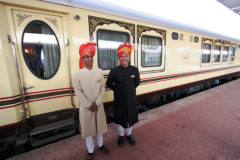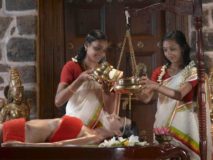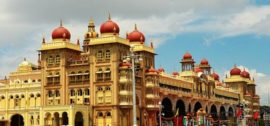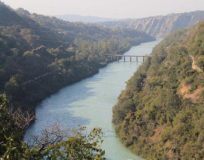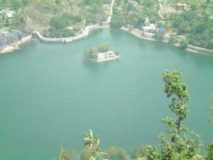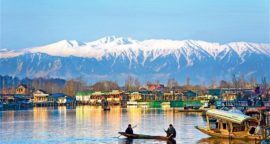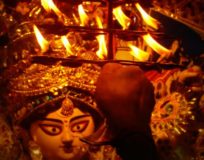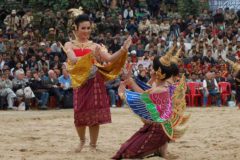Indian History
- DURATION NIGHTS / DAYS
- TOUR CODE
- START CITY
- END CITY
ITINERARY
History of India
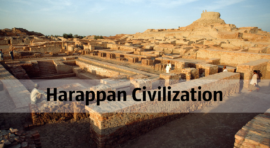 India is a land of ancient civilization. India’s social, economic, and cultural configurations are the products of a long process of regional expansion. Indian history begins with the birth of the Indus Valley Civilization and the coming of the Aryans. These two phases are usually described as the pre-Vedic and Vedic age. Hinduism arose in the Vedic period.
India is a land of ancient civilization. India’s social, economic, and cultural configurations are the products of a long process of regional expansion. Indian history begins with the birth of the Indus Valley Civilization and the coming of the Aryans. These two phases are usually described as the pre-Vedic and Vedic age. Hinduism arose in the Vedic period.
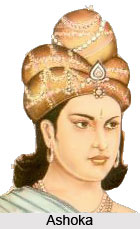 The fifth century saw the unification of India under Ashoka, who had converted to Buddhism, and it is in his reign that Buddhism spread in many parts of Asia. In the eighth century Islam came to India for the first time and by the eleventh century had firmly established itself in India as a political force. It resulted into the formation of the Delhi Sultanate, which was finally succeeded by the Mughal Empire, under which India once again achieved a large measure of political unity.
The fifth century saw the unification of India under Ashoka, who had converted to Buddhism, and it is in his reign that Buddhism spread in many parts of Asia. In the eighth century Islam came to India for the first time and by the eleventh century had firmly established itself in India as a political force. It resulted into the formation of the Delhi Sultanate, which was finally succeeded by the Mughal Empire, under which India once again achieved a large measure of political unity.
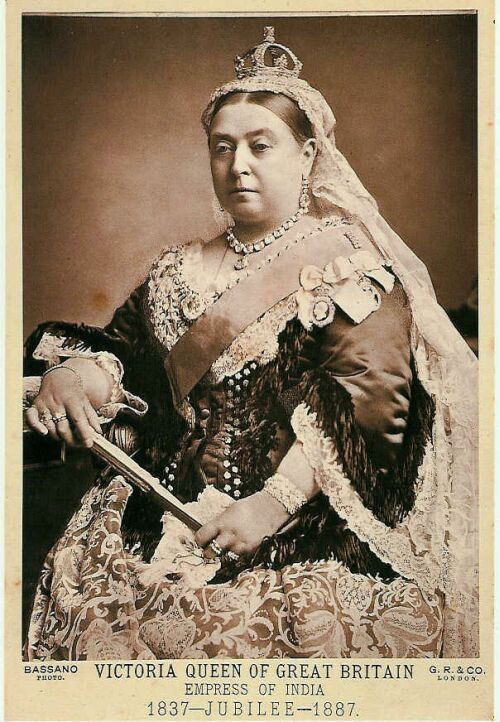 It was in the 17th century that the Europeans came to India. This coincided with the disintegration of the Mughal Empire, paving the way for regional states. In the contest for supremacy, the English emerged ‘victors’. The Rebellion of 1857-58, which sought to restore Indian supremacy, was crushed; and with the subsequent crowning of Victoria as Empress of India, the incorporation of India into the empire was complete. It was followed by India’s struggle for independence, which we got in the year 1947.
It was in the 17th century that the Europeans came to India. This coincided with the disintegration of the Mughal Empire, paving the way for regional states. In the contest for supremacy, the English emerged ‘victors’. The Rebellion of 1857-58, which sought to restore Indian supremacy, was crushed; and with the subsequent crowning of Victoria as Empress of India, the incorporation of India into the empire was complete. It was followed by India’s struggle for independence, which we got in the year 1947.
British India & Independent India
The British represented by the East India Company established their commercial control over vast areas in India, which very soon had an administrative dimension to it. The British rule in India was, however, formalised by the direct takeover of India by the British Crown, after the First War of Independence in 1857.
History of the Raj is one of constant struggle between the nationalists – who assumed different names, ideologies, backgrounds and methods – and the British and their repressive policies.
People from the length and breadth of India followed the path set by Mohandas Karamchand Gandhi, where truth and ahimsa or non-violence were held supreme. Strengthening this vision was the newly emerging intelligentsia.
There were many who communicated directly with the masses. Bal Gangadhar Tilak, Asaf Ali, C. Rajagopalachari, Gopal Krishna Gokhale, Abdul Ghaffar Khan, Sardar Vallabhbhai Patel, Subhas Chandra Bose, Jawaharlal Nehru and Sarojini Naidu are some of the great names associated with the freedom struggle.
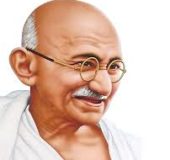
Mahatma Gandhi
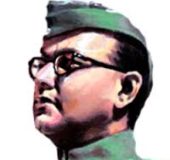
Subhash Chandra Bose
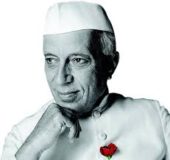
Jawaharlal Nehru
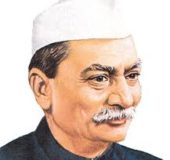
Rajendra Prasad
India’s moment of glory finally arrived on the midnight of 15 August 1947. People, delirious with joy, flooded the streets to welcome the dawn of a new era. And within the Assembly Hall, Jawaharlal Nehru rose to make his famous “tryst with destiny” speech. By the early hours of morning, as the clouds sent a light drizzle to acknowledge the awakening, independent India was all set to transform from a colonial society into a liberal polity.
Jawaharlal Nehru became independent India’s first Prime Minister and Rajendra Prasad the country’s first President.

